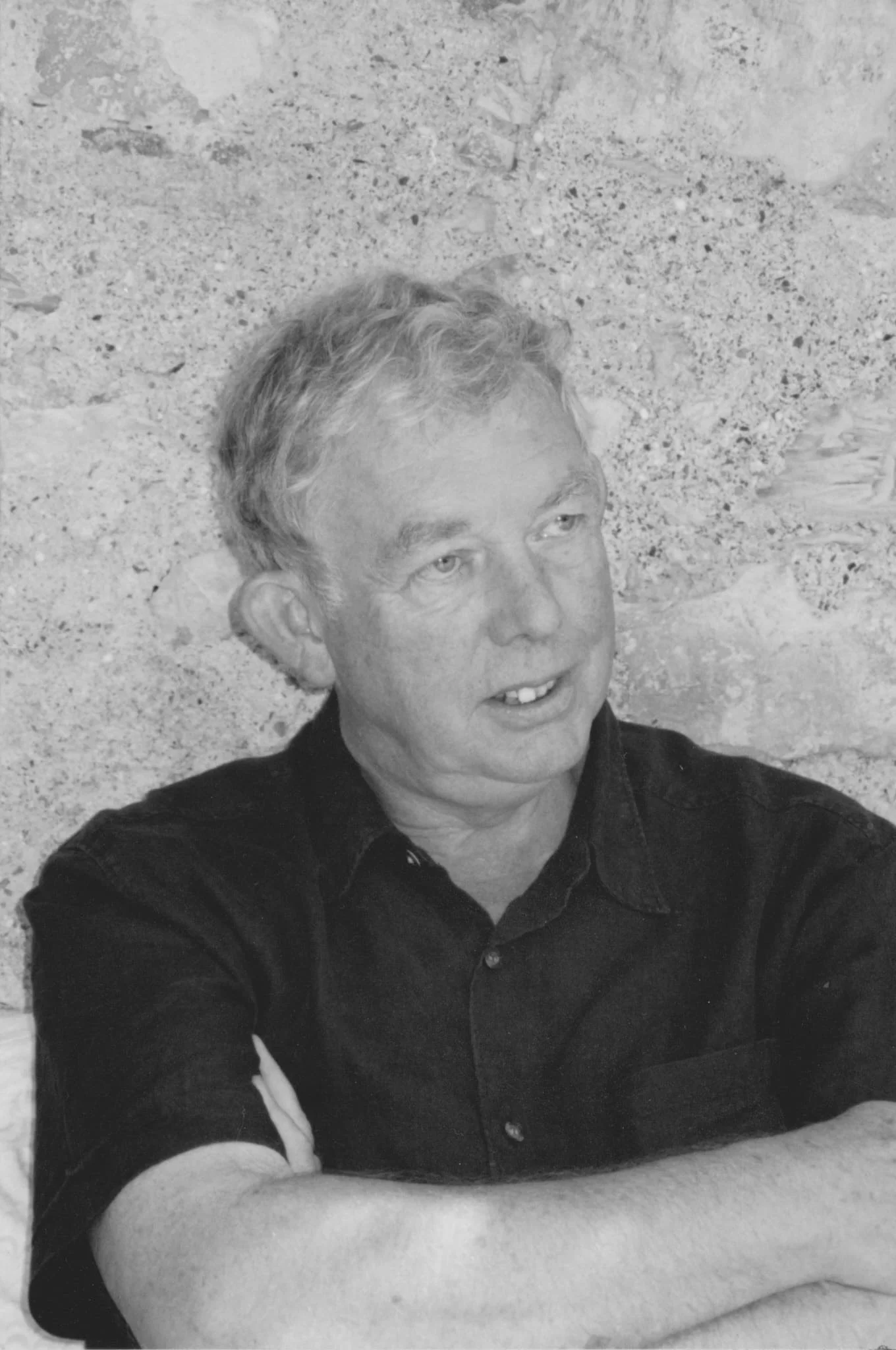I’ve always had an idea of what grabs me the most when reading short stories: painfully beautiful writing, the skill in capturing something, maybe a mood, an encounter, an action, a transformation, perhaps something more elusive while fully exploiting the form of the short story. Good dialogue. Stories that are surprising, unexpected. The way a story moves, perhaps turning around on itself, that underlying flow. And as I read through the entries for the Caine Prize, I enjoyed the different ways that writers realised these possibilities, and the other ways in which they showed their skill.
But the unexpected pleasure for me was when stories spoke to me in ways that I hadn’t anticipated. Sometimes stories come out of nowhere and give a face punch. Sometimes they grab you by the collar and hiss, listen to me. Sometimes they send out little hooks and you don’t even know until days later, and you’re thinking about a landscape somewhere else, a moment between two fictional characters, an image, a sentence. The most powerful stories for me were the ones that haunted me long after reading them. The stories that stayed with me, that I needed to go back to. It’s difficult to pinpoint exactly what the alchemy is here. But for me, there was certainly an elusive something that lit up some stories, that allowed them to be more than words on a page and I think this is more than evident in each of the five shortlisted stories.
Written by Mary Watson, Caine Prize Judge 2016. To find out more about the 2016 judges click here.





